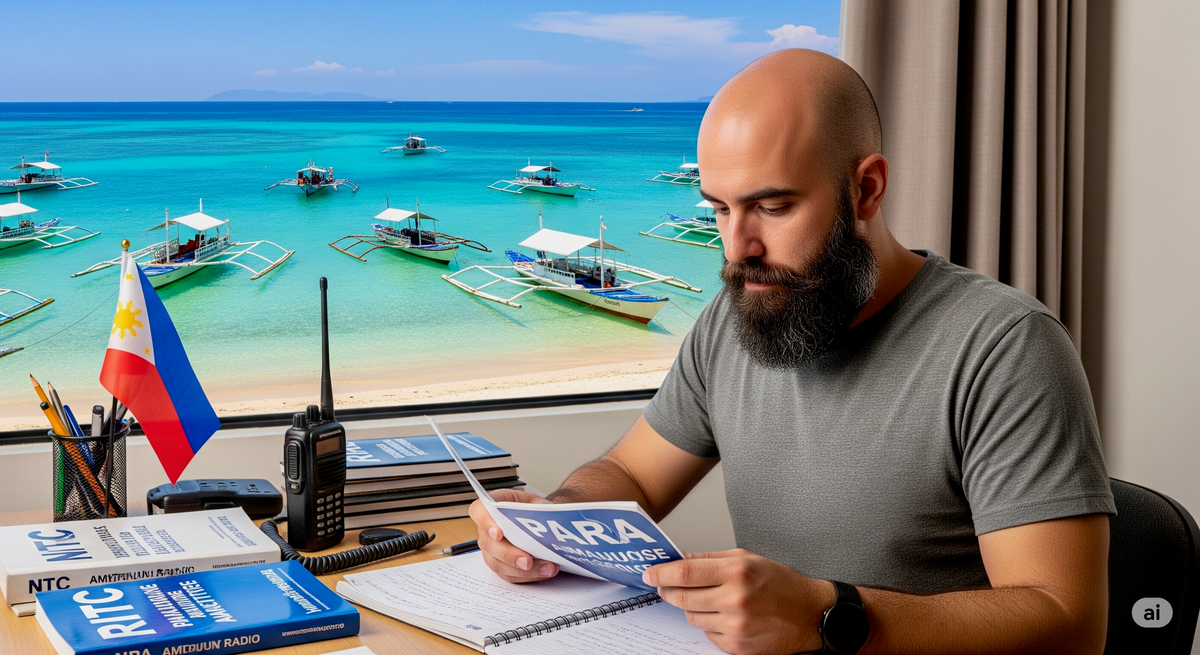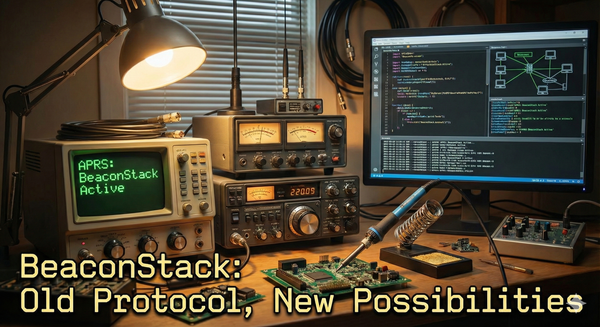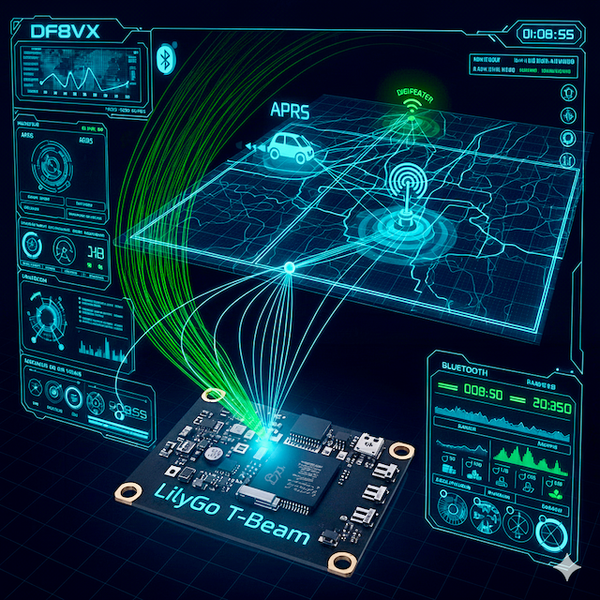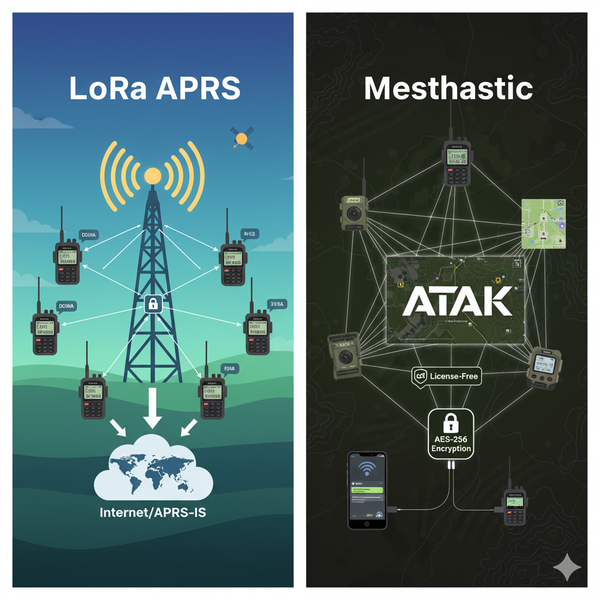Getting a DW Call Sign in the Philippines — Here’s How
Planning to secure a Class C amateur radio license in the Philippines. Here’s the process for getting a local call sign, taking the NTC exam, and joining the Philippine ham community.

Planning another trip to the Philippines, I’m aiming to get a Class C (DW) Amateur Radio license — so I can skip temporary call‑sign hassles and fully join the local ham community on future visits.
🧭 Philippine License Classes (2025)
NTC still uses the same four‑tier system:
- Class A (4F/DU/4E) – Full privileges; requires 5 WPM Morse and passing elements 8–10.
- Class B (DV/4I) – Most HF/VHF/UHF; elements 5–7.
- Class C (DW/4G) – Limited HF, VHF; elements 2–4 — this is my target.
- Class D (DY/4H) – VHF only; element 2. No equipment registration.
📚 Step‑by‑Step (Still Valid)
- Study the NTC Syllabus — Downloadable via NTC or PARA, which still offers webinars & in‑person review sessions.
- Join a Seminar — PARA‑accredited clubs host them locally or online. You'll get a Certificate of Attendance required for the application.
- Submit Application + ₱50 Fee — Exams run weekly in NCR and periodically elsewhere. Forms via PARA or local clubs.
- Take the Exam — Multiple‑choice elements 2–4 for Class C; average 70% to pass, 50% min per element.
- Collect Results — Same‑day in some offices, or mailed; certificate needed to apply for ROC.
- Apply for ROC — Costs approx. ₱65/year (max 3 yrs) plus processing. Certificate issued weeks later.
- Receive Call Sign — NTC assigns based on class & district, e.g., DW7XYZ for Cebu region. Prefix rules unchanged.
🌐 Why It Matters
Having your own DW call means no more reapplying each visit — let alone the hassle of registering gear. It also unlocks participation in local nets, contests, and community events with full privileges.
73 and see you on the bands! 🇵🇭



